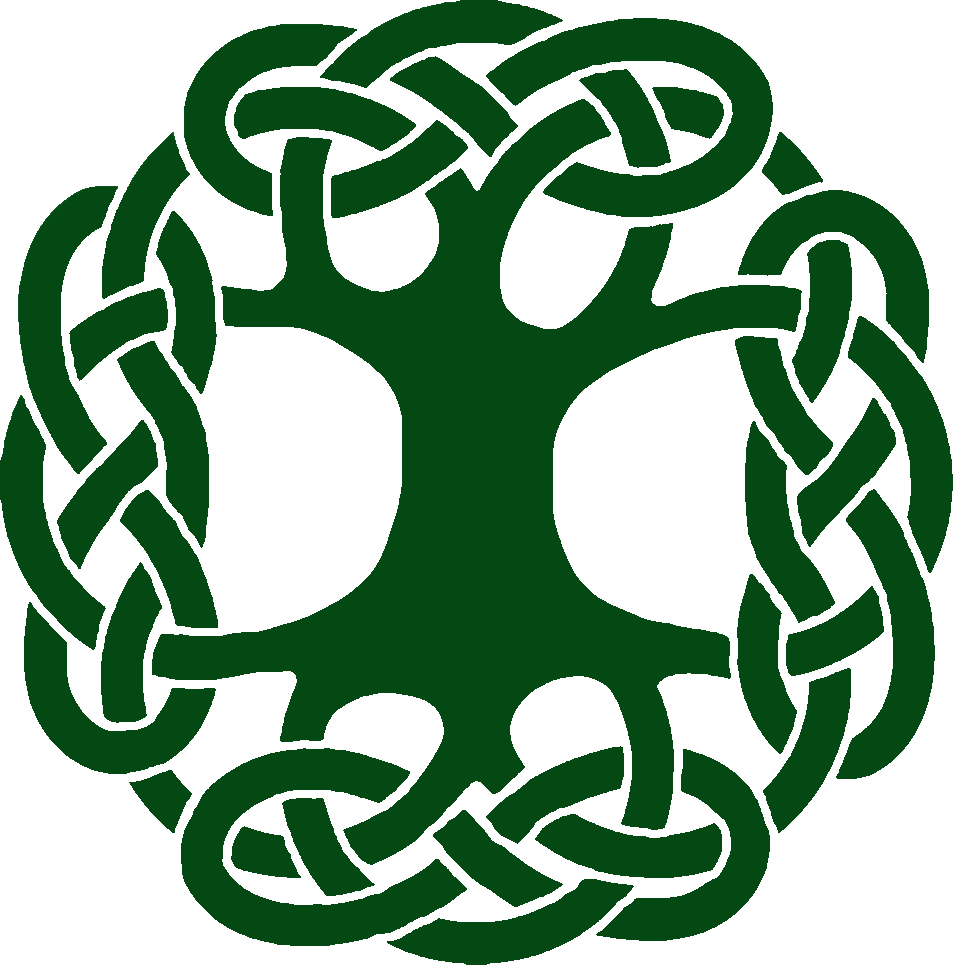

PROTO-INDO-EUROPEAN
ROOT
EXTENSIONS
• Hitt. harra- 'grind', 'crush', 'splinter', 'pound', 'spoil' (HED 3: 135ff.; EDHIL: 300f.). According to Puhvel (HED 3 : 136), a comparison to Gk. ἀρόω, Lat. arō 'to plough' (PIE *h2erh3-) is most plausible, cf. also Kloekhorst 2008 : 301; however, Puhvel admits that the Hittite verb could also be a borrowing from Akk. harāru 'to grind'. According to Peters (1986 : 374, note 34), the Hittite verb is cognate to Slav. oriti 'destroy' and the name of the Greek god of war, Ares. Kloekhorst (EDHIL: 313f.), on the other hand, connects harra- with Hitt. hars- 'till' (the land) and PIE *h2erh3-.
References
HED = Puhvel, J. 1984 - . Hittite Etymological Dictionary. Mouton.